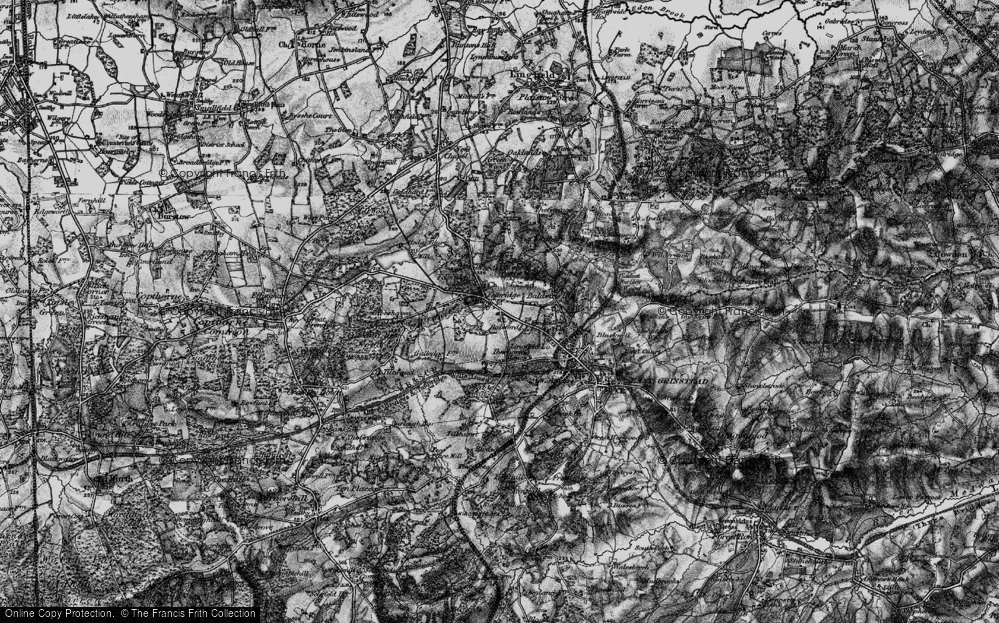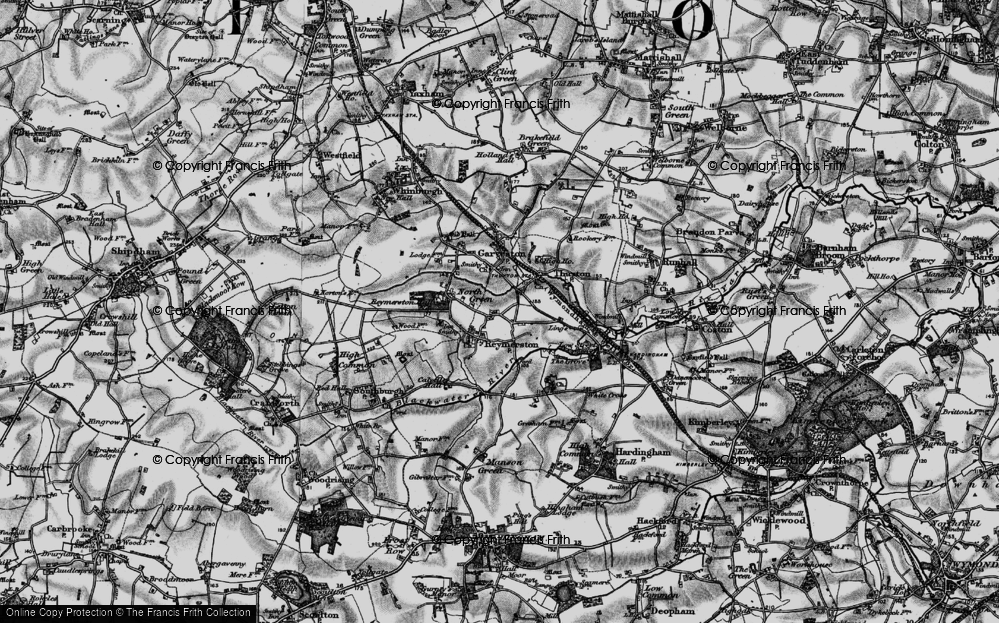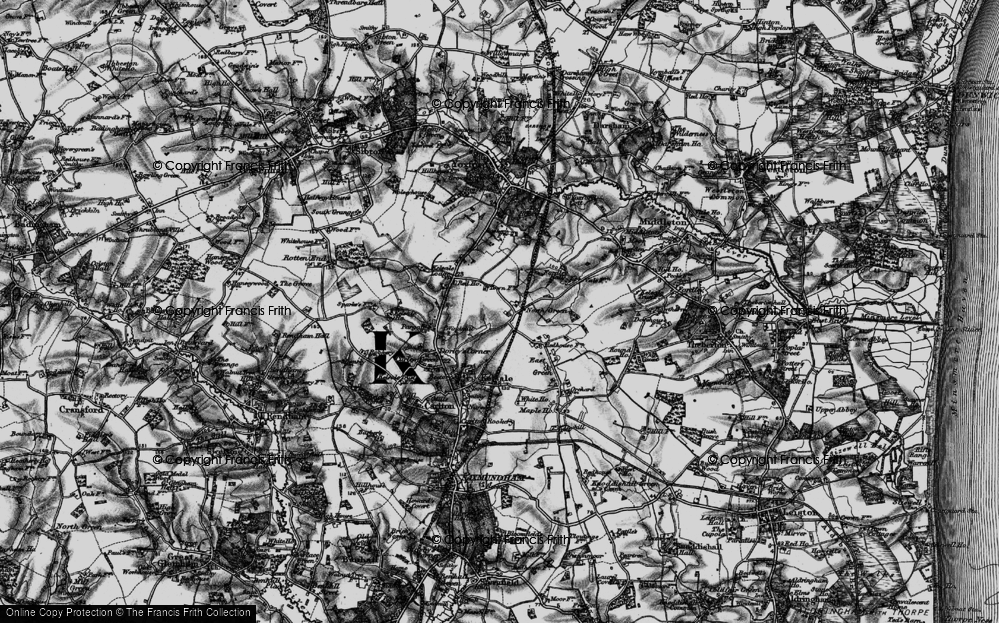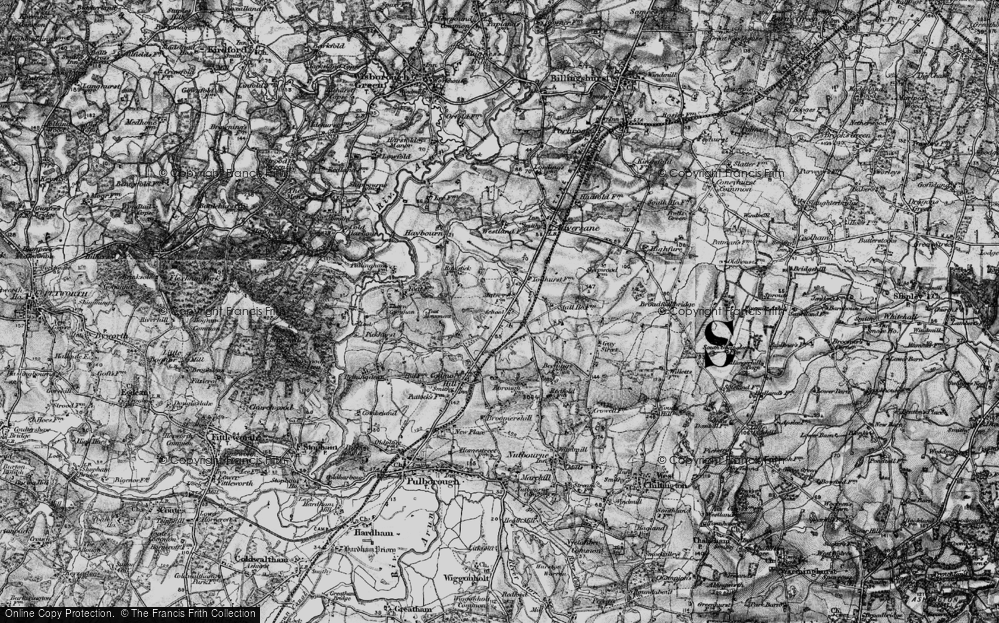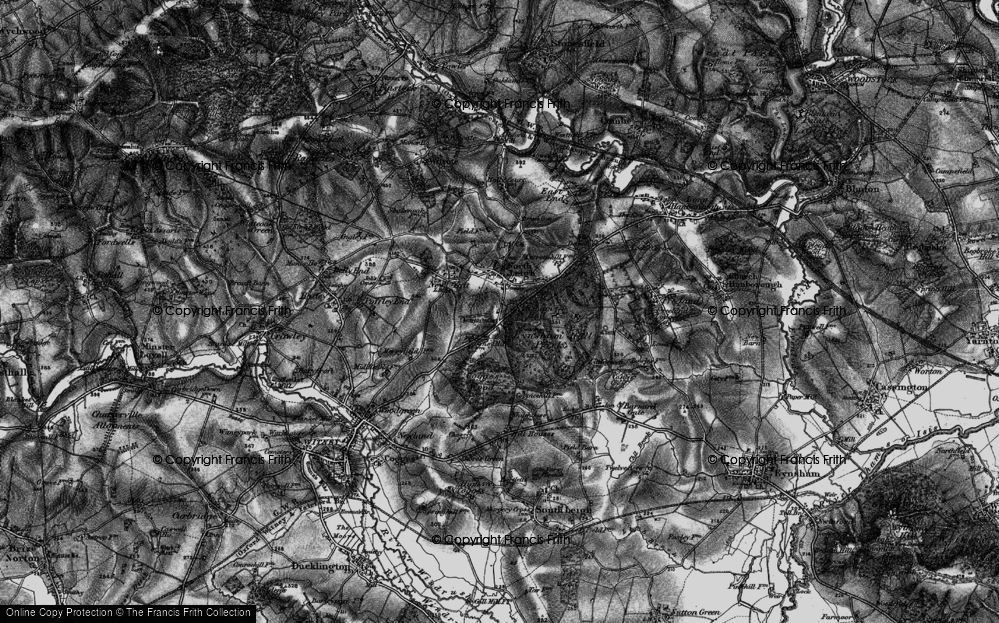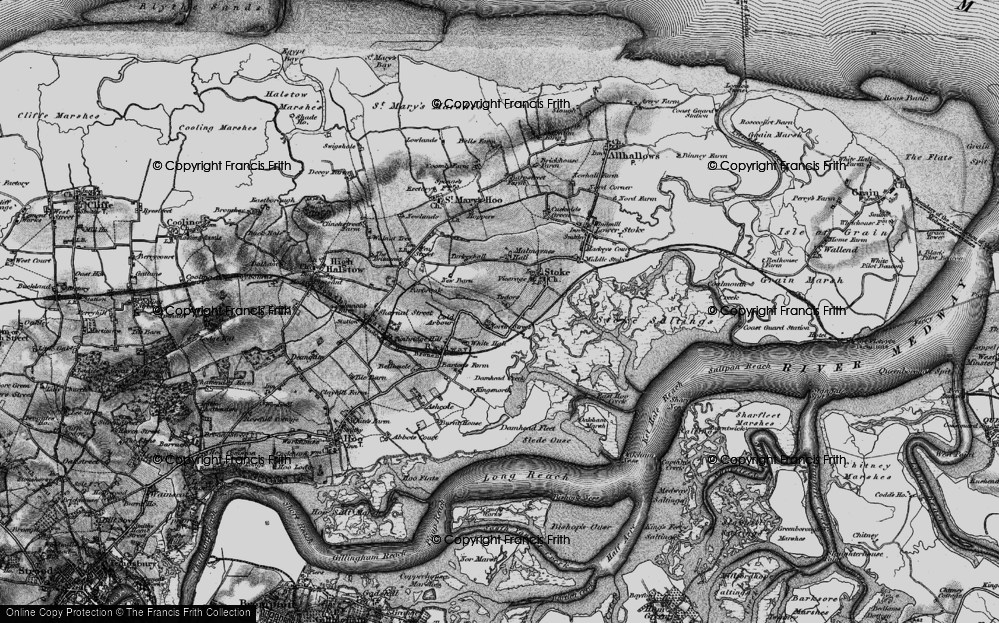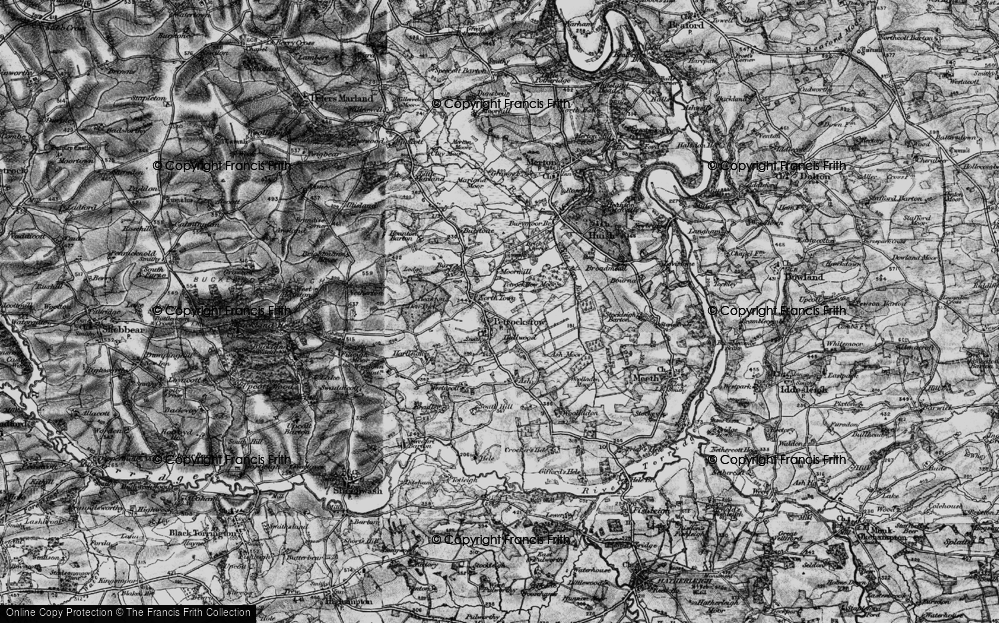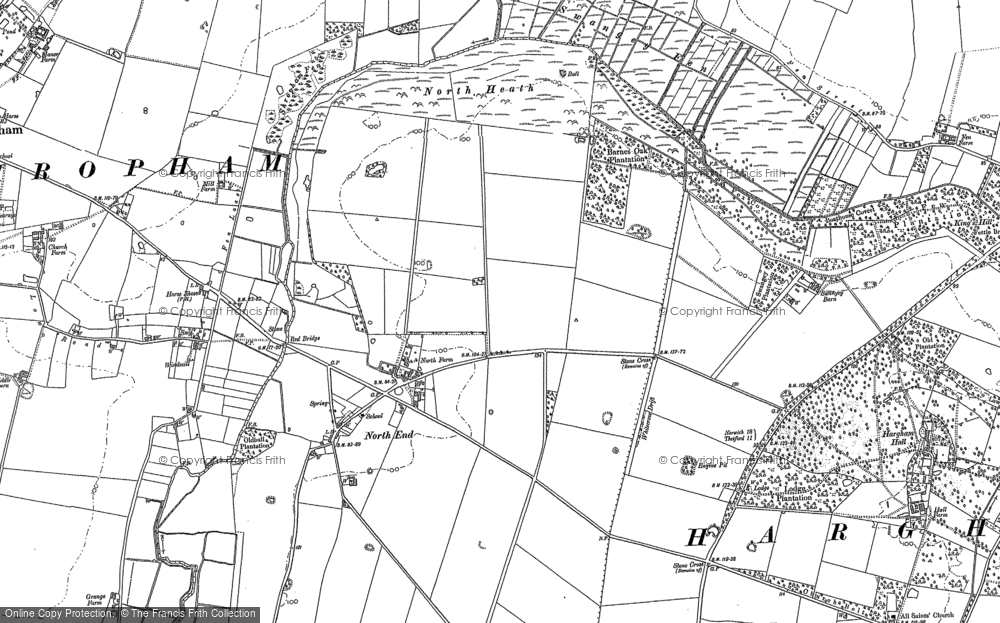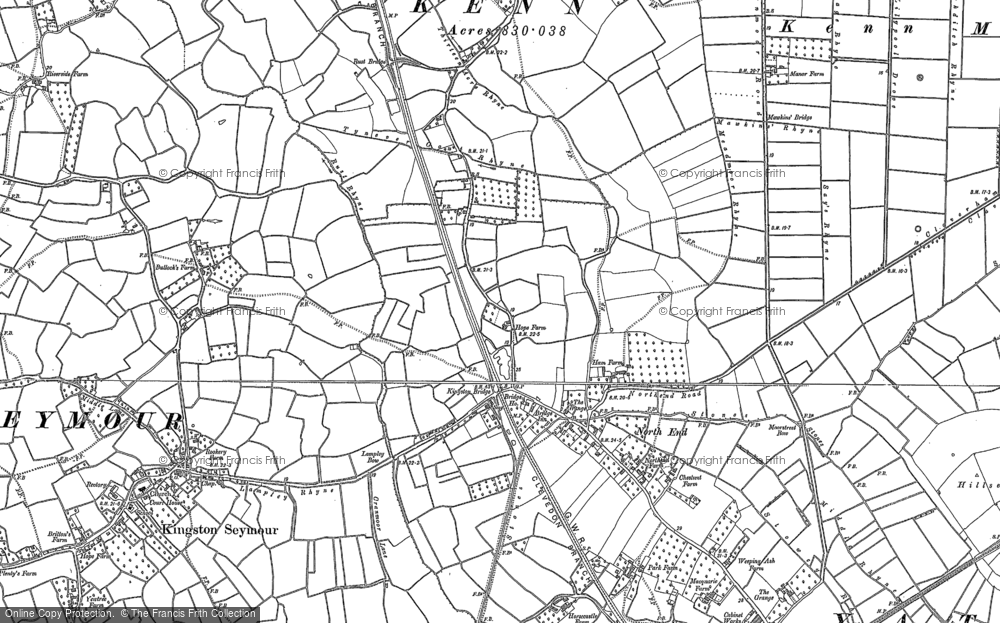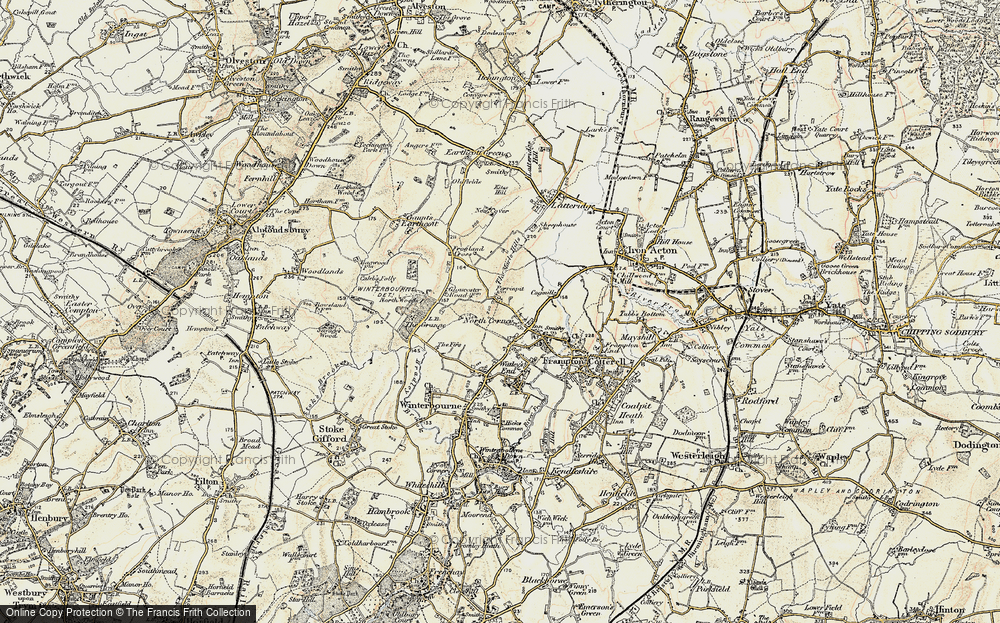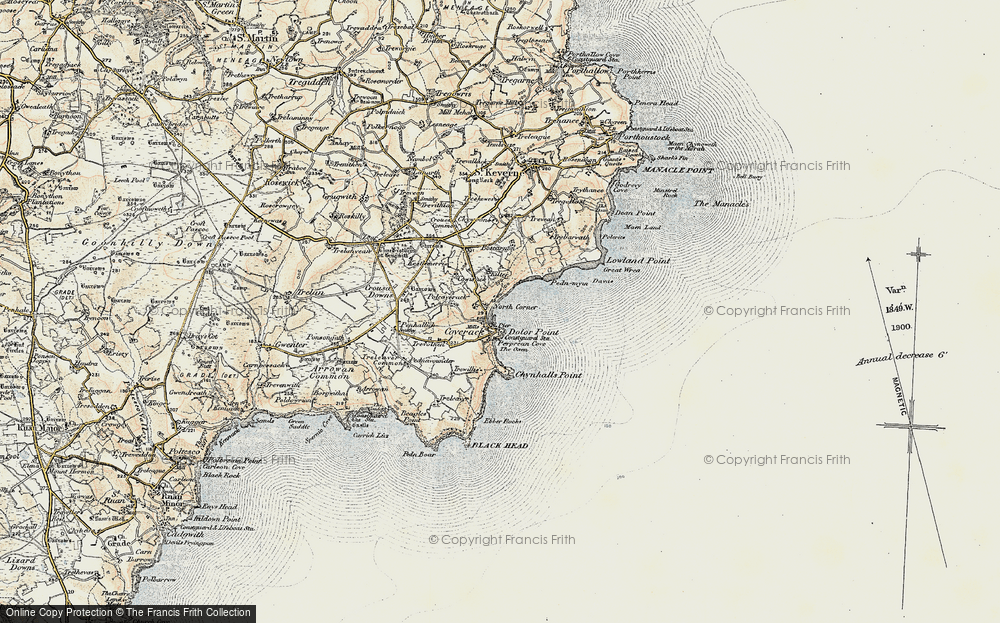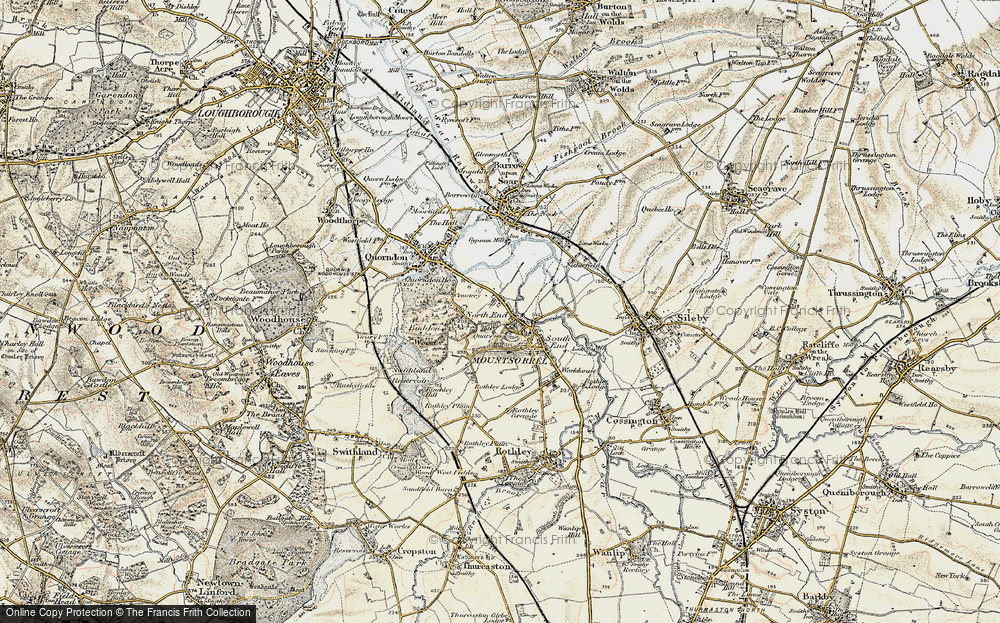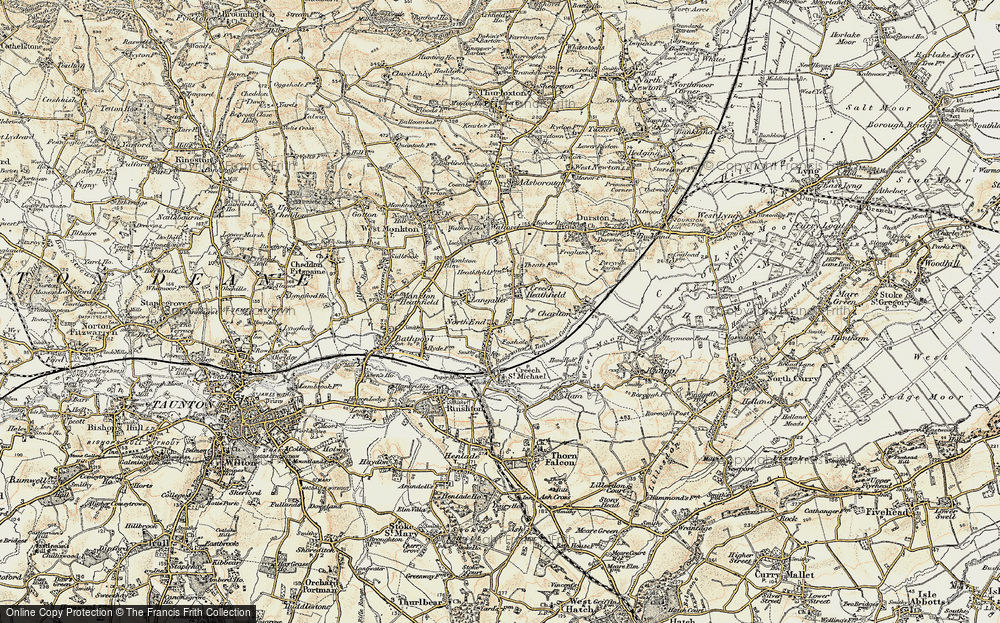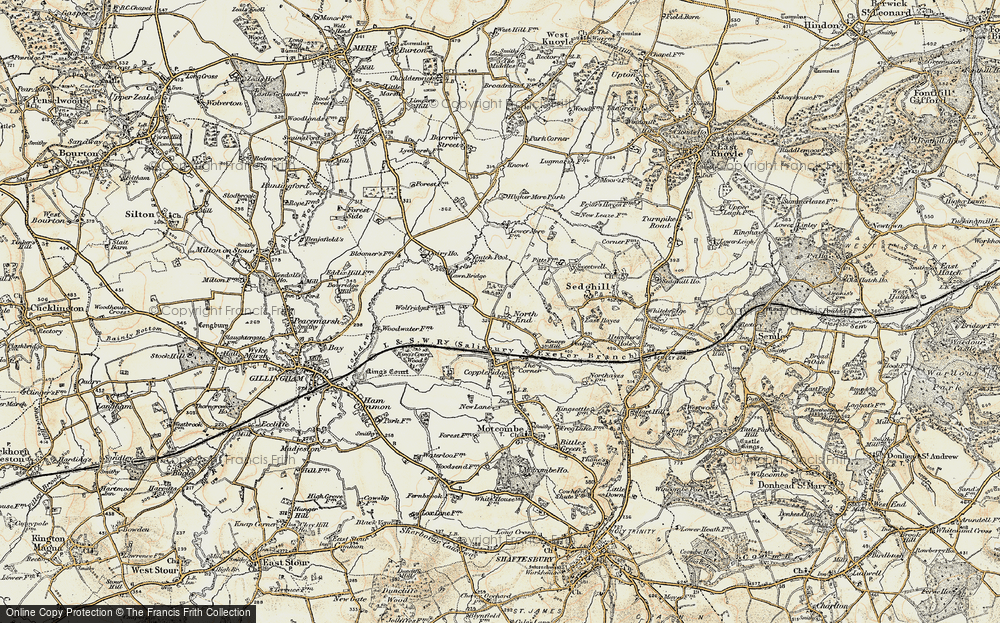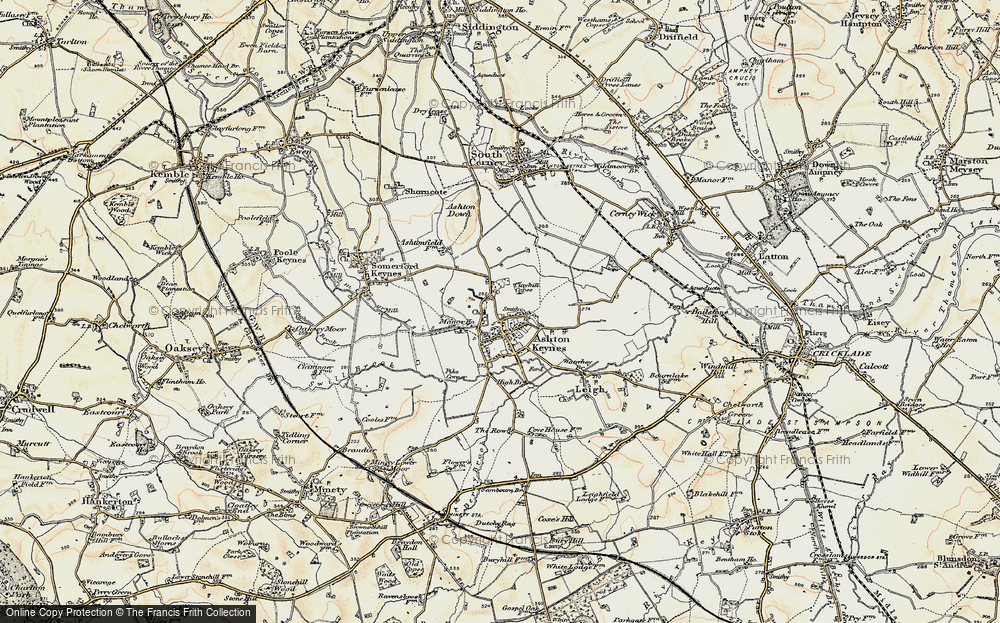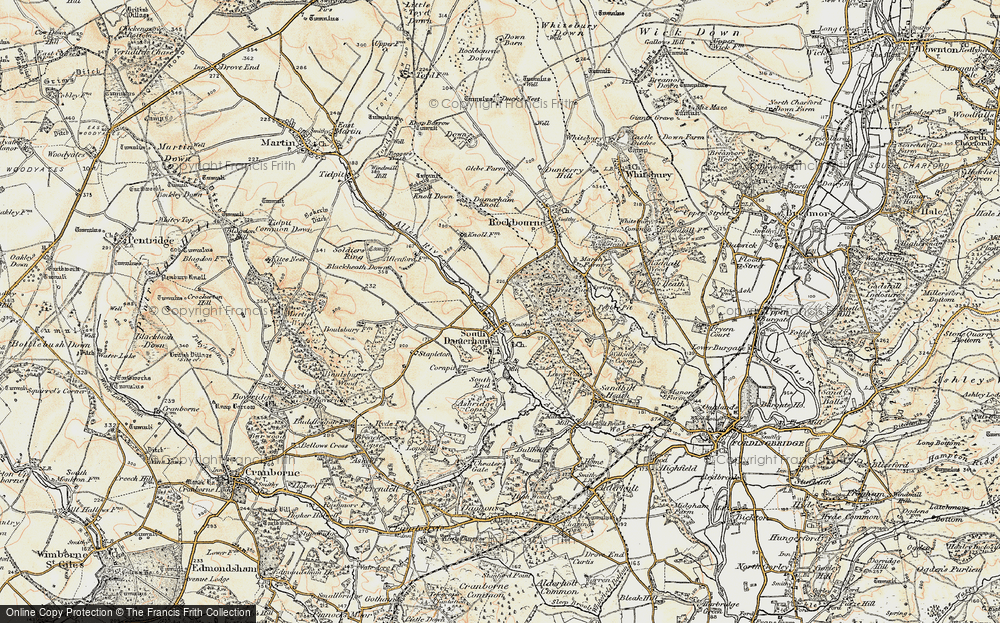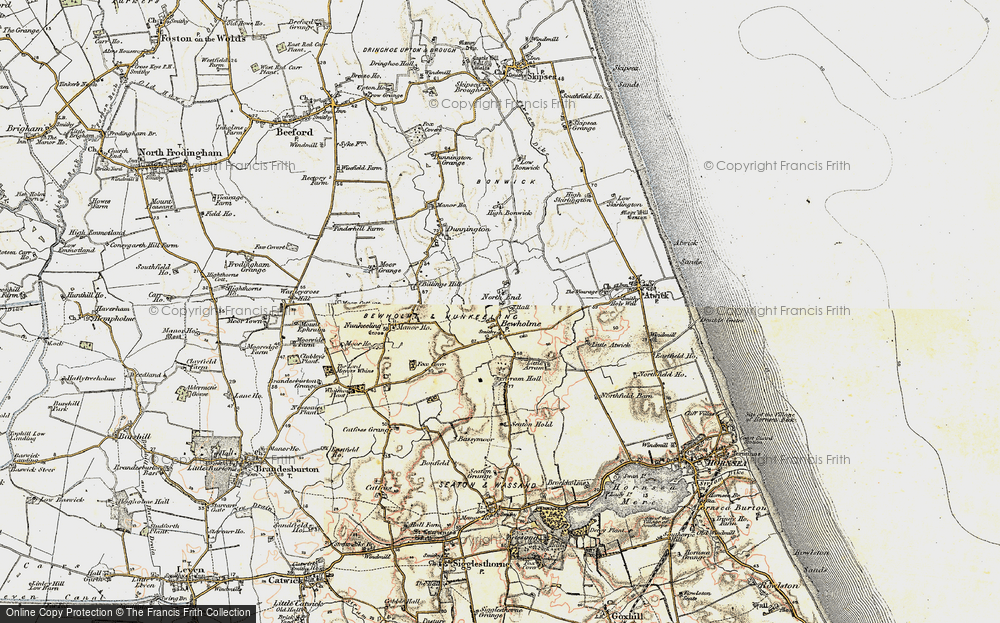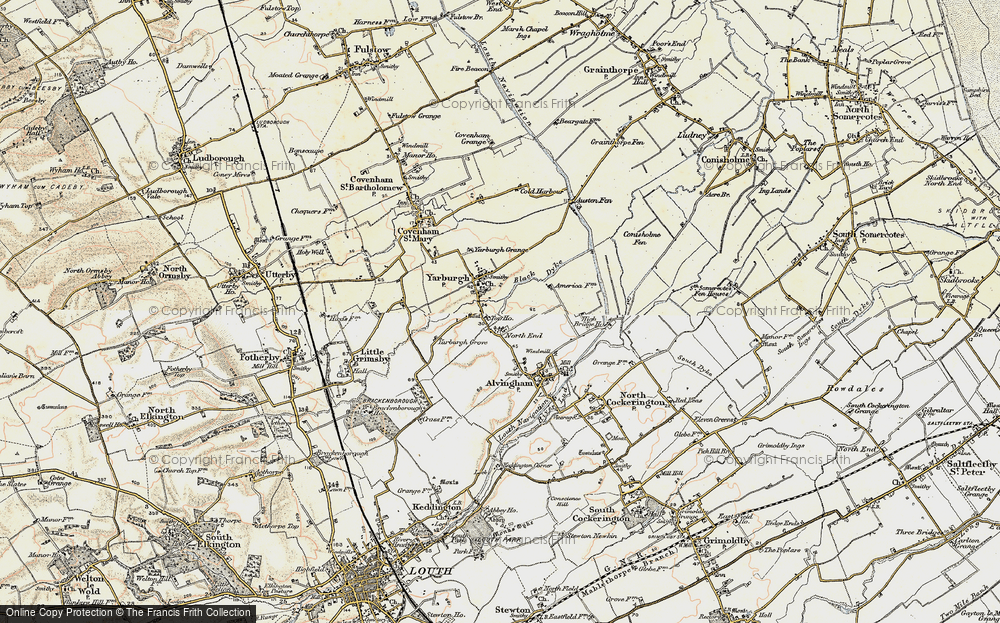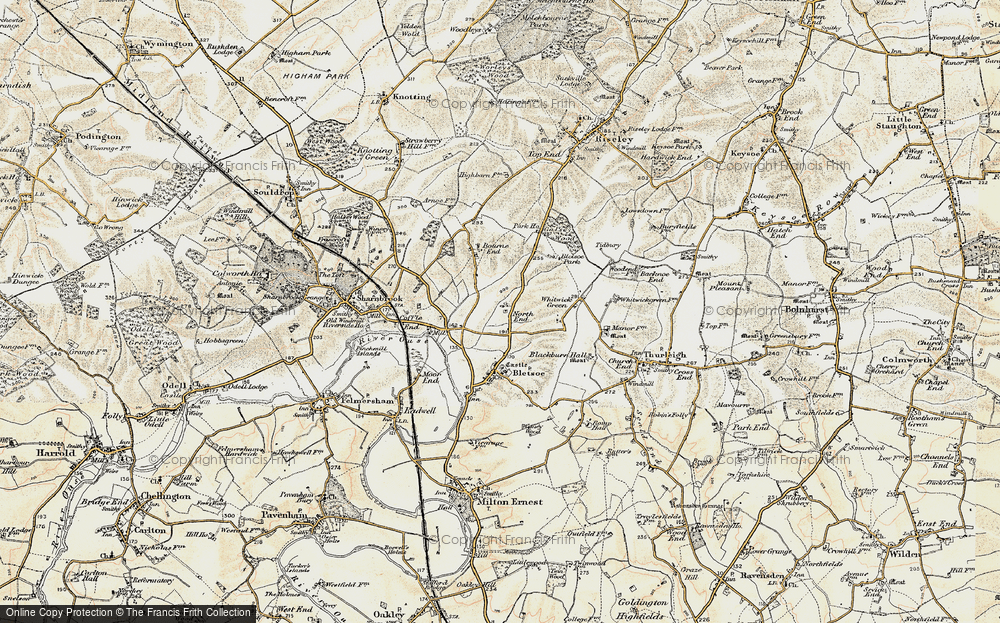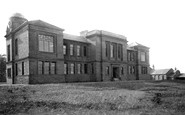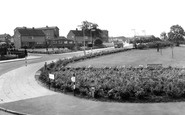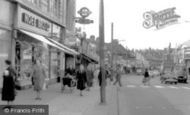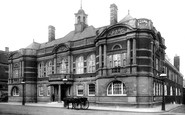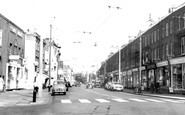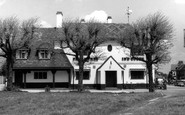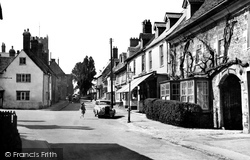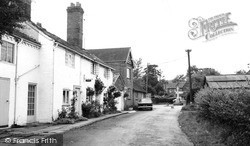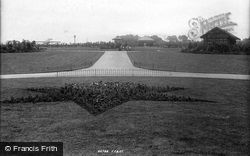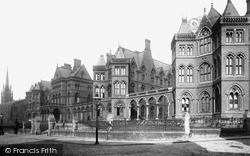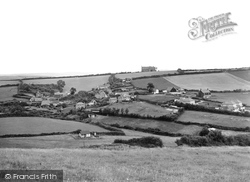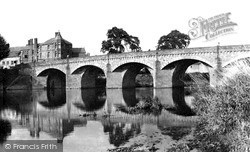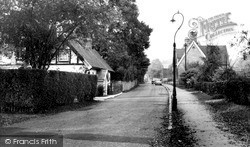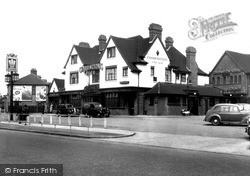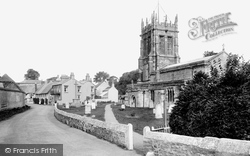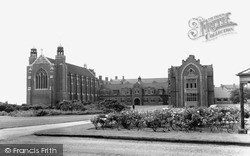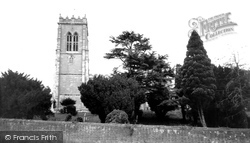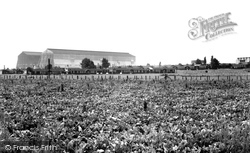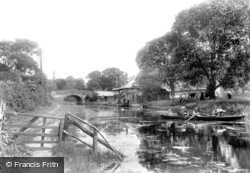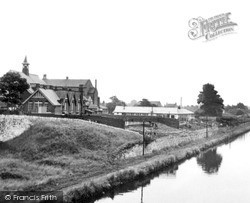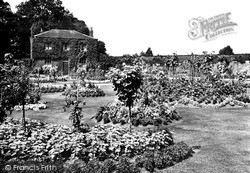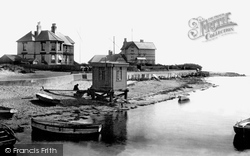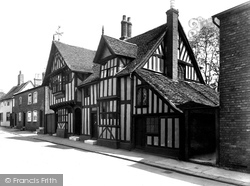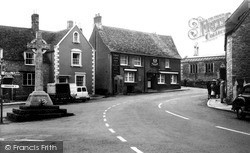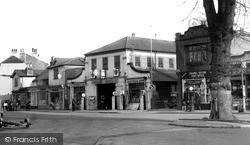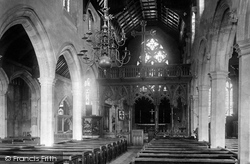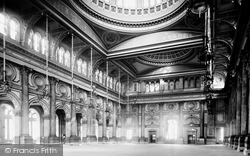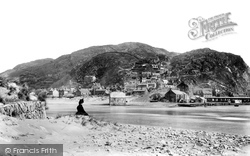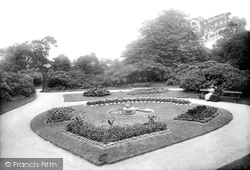Places
Sorry, no places were found that related to your search.
Did you mean: north ness or na h ness or nook ness ?
Photos
12 photos found. Showing results 1,161 to 12.
Maps
9,582 maps found.
Books
30 books found. Showing results 1,393 to 1,416.
Memories
4,597 memories found. Showing results 581 to 590.
Coppice Avenue Lower Willingdon
I lived above Walters the greengrocers next to the post office from 1948 to 1959 and remember what an amazing time it was .Holters was just around the corner where we used to buy his 1p lollies next door was ...Read more
A memory of Lower Willingdon by
Happy Days
I was Head Girl at Irvine Royal for the last two years of my education. I was a Kilwinning girl and attended from 1969-1972. Living through the 3 day week and walking daily from Kilwinning to Irvine wasn't much fun! But I loved school there ...Read more
A memory of Irvine
I Was Nearly Killed Here!
Greetings from Canada! O how this picture brings back memories. I was raised on nearby Argyll Street in the late 50's and 60's, and the area shown in this picture encompasses virtually all of my childhood... But also within ...Read more
A memory of Corby by
Early Thought Of Byfleet From The I.O.M.
I was born at 11, Church Road, Byfleet - the gardener's cottage, tied to 'Wey Barton', Mill Lane. That was then the residence of the Coles family, to whom my grandparents, Bert & Nellie Bird, were in service. ...Read more
A memory of Byfleet by
Another Sudbury Town Boy
I was born in the High Street( not the High Road) in 1950 moving to Rugby Avenue in 1953. I lived opposite Graham Rose. I recall the Sudbury Motors Garage. They had Morgan 3 wheelers and drove them up and down Rugby Avenue. Happy memories of Barham Park and Vale Farm swimming pool.
A memory of Wembley by
Good Old Battersea
I was born and bred in Battersea, Firstly we lived in Yelverton road with my Grandparents and I attended Falconbrook School. Then my parents got a Maisonette in Culvert road I then attended Chesterton School. in 1969 I attended ...Read more
A memory of Battersea by
Home Sweet Home
At the time this photograph of the High Street was taken I was 15 years old. Not knowing then, I would be walking down this road some years later with my first girlfriend and now my wife of 51 years. Where the ...Read more
A memory of Teddington by
True Native Of Gerrard's Cross
I was born in Gerrard's Cross in 1943, lived there until 1960, and went to the Primary School opposite the common. Many of the kids stayed there for lunch - I didn't, but when I got back I was allowed to eat the ...Read more
A memory of Gerrards Cross by
Born In Upper Boat 1943
Ken Beard speaking. My parents were evacuated to South Wales from Bermondsey London during the 2nd. war. I wish I had some dates, as there is no one alive to ask. We lived at 63 Crwys Crescent where I was born in 1943.I'm ...Read more
A memory of Upper Boat by
Denbigh Road Schools Luton
I attended Denbigh Road school in 1944 at the age of five and had advanced to both junior and senior schools by the age of twelve. My sister Margaret took me in on my first day but I was not too keen on staying as I ...Read more
A memory of Luton by
Captions
1,673 captions found. Showing results 1,393 to 1,416.
On the left the former Rifleman's Arms, then a private house, occupies the corner in the Market Square. This was later demolished, and today is a raised area with seats.
Another infamous resident was Lady Luxborough, whose husband hid her away there in 1736 because she had been scandalising London.
To the right there is another shelter, but this has been removed. The small structure on the right was a bandstand.
This imposing brick building was built in the Gothic style to the design of George Gilbert Scott in 1868. In the distance is St George's church, another Victorian creation.
This is another view of Lower Eype from further to the south-west, closer to the cliff above Lyme Bay, looking inland to Mount Lane and St Peter's Church (centre).
The beautiful bridge at Monmouth is perhaps less famous than its sister Monnow Bridge, but it is still nevertheless performing admirable service here. It was rebuilt in 1617.
Ferriby House dates from 1775, and both Ferriby Hall and the manor house still stand.
It is regrettable that the large brewery chains have generally done away with both the fittings and the furniture in order to create the new family pub of the 21st century.
The poignant recent addition to the churchyard view is the war memorial (with cross, left).
It opened in 1895 as St Cuthbert's College, and was the sixth of the public schools founded by Nathaniel Woodard (Lancing College in Sussex was another).
The church of St Peter and St Paul, another of the marshland churches, is located by the side of the A158 main road to Skegness - during the summer this is a very busy road indeed.
We conclude the tour with another reference to manned flight, in this case airships.
It was never a financial success because of its rural course, and the success of the Kennet & Avon Canal put paid to the owners' hopes.
This is another view of Lower Eype from further to the south-west, closer to the cliff above Lyme Bay, looking inland to Mount Lane and St Peter`s Church (centre).
Rope making was a flourishing industry both for the marine and agricultural markets.
Milnes rivalled the Denisons of Leeds as the county's biggest cloth exporter, and in 1778 he married the heiress of another prosperous Leeds textile merchant, Hans Buck.
The remarkable features of this shot, north-eastwards from a timber jetty, actually stand between the buildings - the Haven Hotel (centre right), an 1898-built villa (left) in an acre of land that was
The carving on the upper floor oriel window, and on another hidden round the corner, is of a high quality.
The road to the right of the Three Cups Inn is St Mary`s Street.
The best part of Thames Ditton architecturally is north and west of this viewpoint, which shows the post office at the High Street's junction with Ashley Road.
This view of the interior shows the elegant arcades of the nave and aisles and also the grand Victorian timber chancel screen and the pulpit of 1636, both of which survive today.
The floor of the Royal Exchange was the scene of frantic activity on Tuesdays and Fridays, when at the hour of High Exchange anything up to 6000 men would gather here and shout at one another.
This well-known holiday resort, which has an excellent sandy beach, stands on the west coast of Wales at the mouth of the Mawddach estuary. Both Darwin and Ruskin enjoyed stays here.
There was at this time a set of swings for girls and another set for boys, and the playground was also divided. Moor Park had an open-air swimming pool as well.
Places (0)
Photos (12)
Memories (4597)
Books (30)
Maps (9582)


